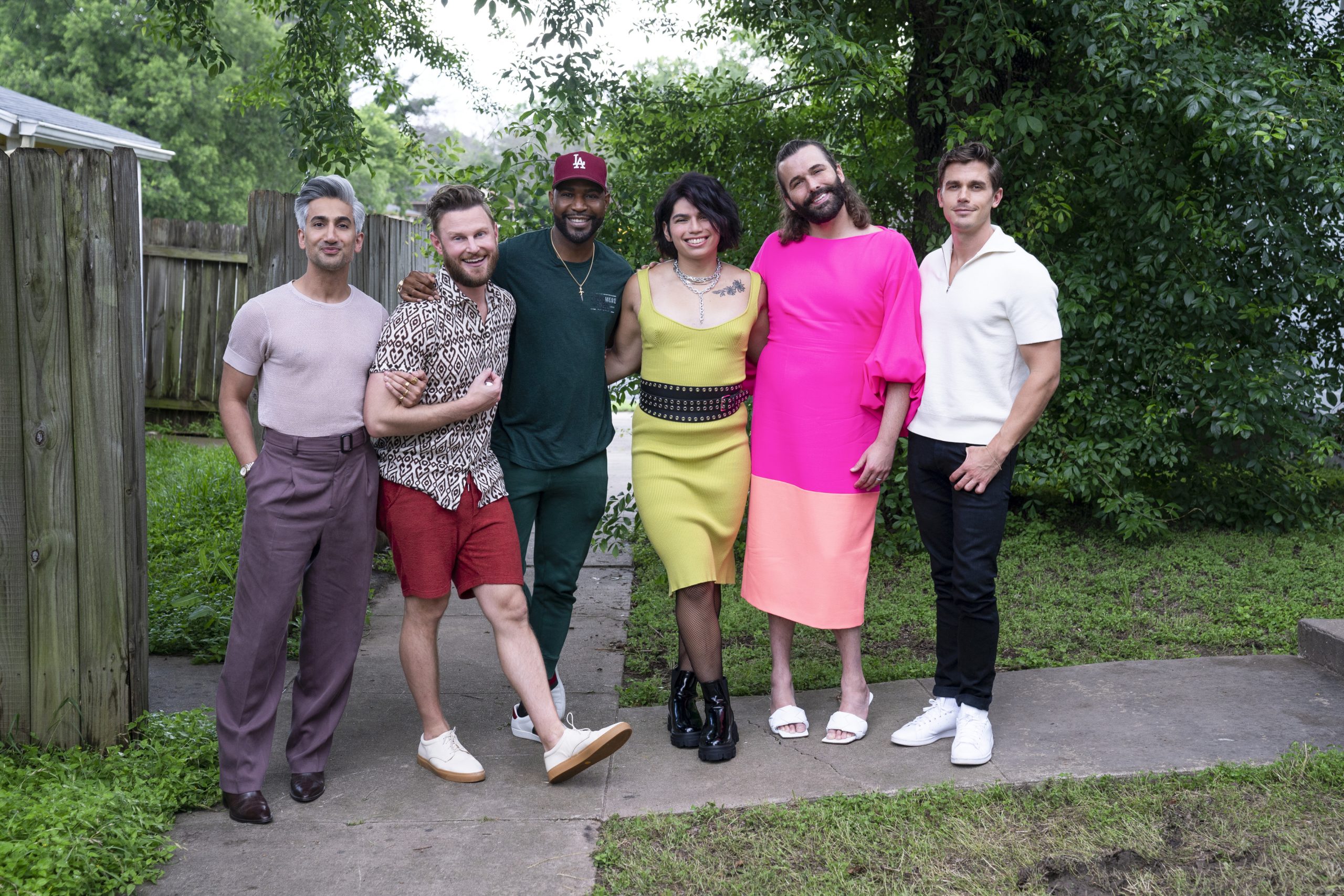Just before 2021 closed out, Netflix gifted us a new season of Queer Eye. This time the Fab Five brought their talents to the Lone Star state, and as a Texan myself, I was especially excited to see whose lives they’d help change. Never lacking a deserving group of candidates, there was one nominee in particular that stood out.
In “Angel Gets Her Wings,” we meet Angel Flores, a newly transitioning trans woman who is trying to discover who she is, as well as mend a fractured relationship with her father who has had a difficult time accepting her identity.
Angel candidly describes the last conversation she had with her dad as, “[the] last…barrier” before beginning hormone therapy and that she needed to transition, “for my health…sometimes I [didn’t] want to be here anymore.”
According to The Williams Institute at UCLA School of Law, which conducts independent research on sexual orientation and gender identity, there are 1.4 million adults in the U.S. who identify as transgender, and per a 2021 fact sheet, the prevalence of suicidal thoughts and attempts among transgender adults is significantly higher than that of the U.S. general population. However, the cited study also found that respondents with supportive families, as well as those who received hormone and/or surgical care, reported a lower prevalence of past-year and lifetime suicidal thoughts and attempts.

“My mom and my siblings have been really, really great” Angel continued,“…[my dad] just doesn’t understand why.” The answer lies within what our culture has perceived as normal.
Both of Angel’s parents acknowledge this as well, with her mother Cristina stating, “He’s coming from a traditional Mexican family, and it’s one way and that’s it,” and Angel’s dad, Jose, admitting that being raised to believe in strict gender roles made it difficult for him to come to terms with Angel’s transition. Ultimately, we learn that the distance that occurred during Angel’s transition didn’t stem from a loss of love, but rather fear and a lack of understanding.
Seeing Angel and her father reconcile after having an open and honest discussion about where they were coming from is so significant because it shows us a model of what a family can look like in this situation. It’s a reminder of the importance of empathy and love. While a person’s transition can be initially difficult for some to understand, we cannot maintain a societal structure in which cultural ideologies and familial expectations make people believe they are better off dead.
We are so fortunate to be living in a time where shows like Queer Eye exist. They show us it’s ok to have a shift in perspective. As society becomes more accepting, and we see more trans people in the media, I hope episodes like this help facilitate conversations between loved ones. Strong family ties are a marker of Latinx culture and someone’s gender identity shouldn’t preclude them from accessing that. For everyone’s health, let’s accept each other’s authentic selves.

If you or someone you know is needs help, contact Lifeline, the Suicide Prevention Hotline or The Trevor Project.

